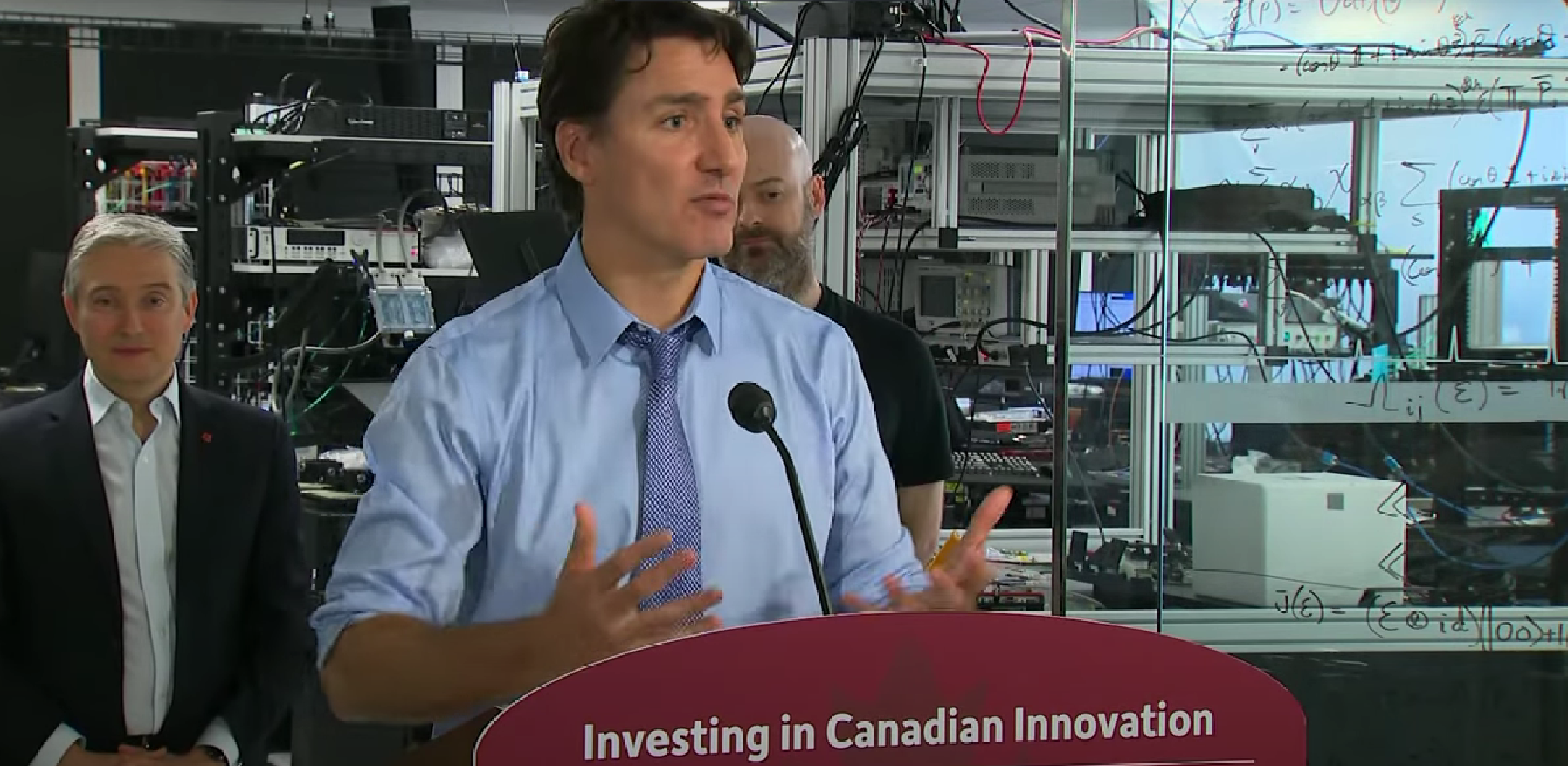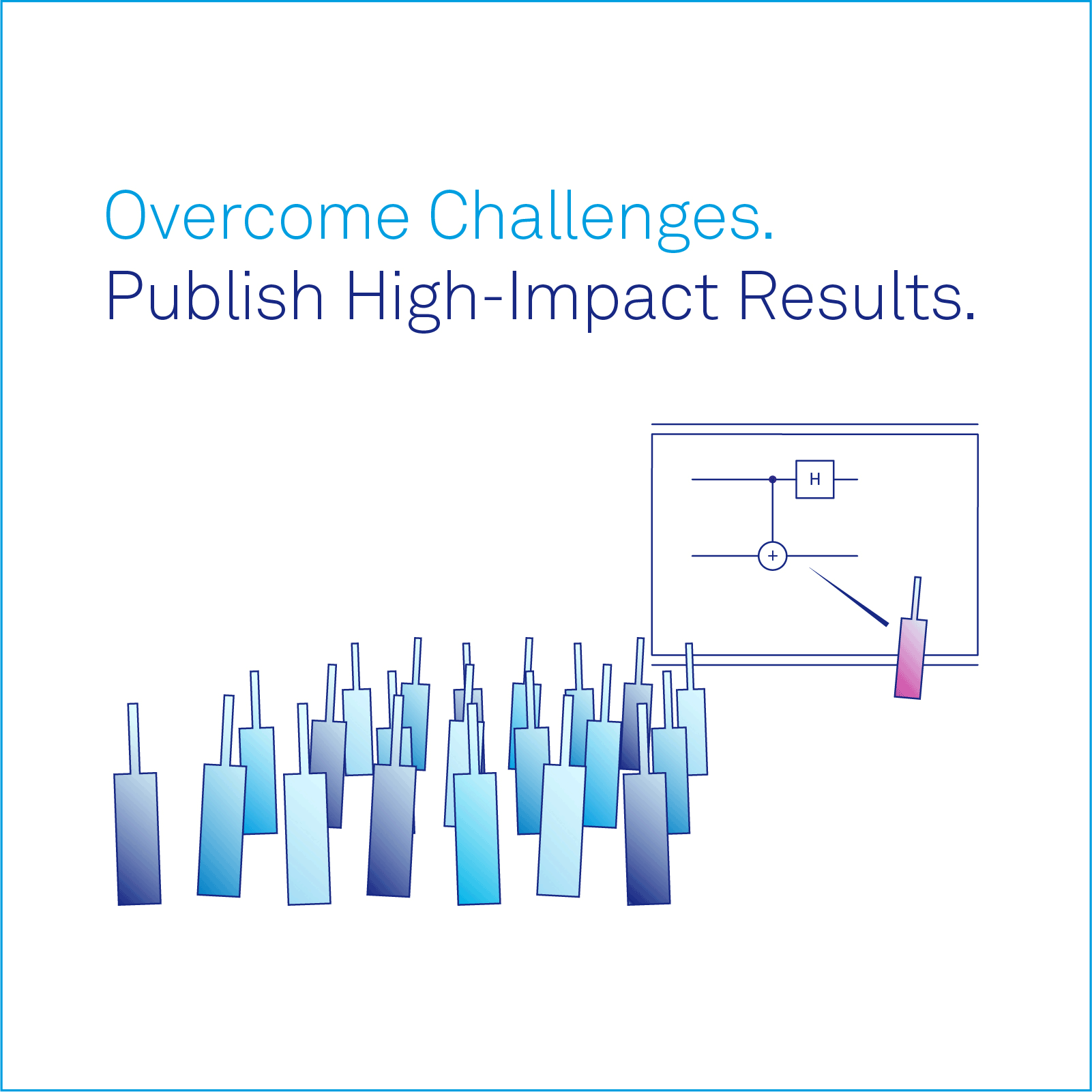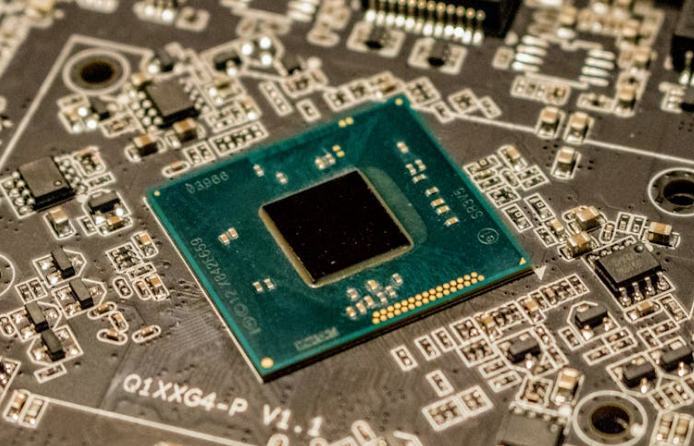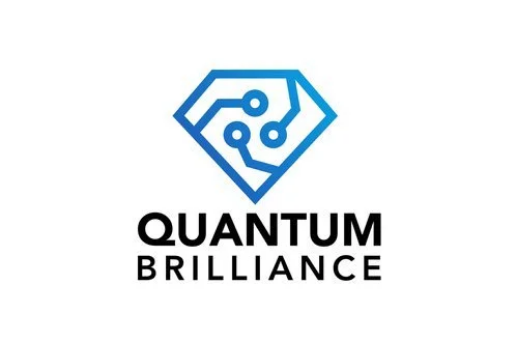Prime Minister’s Announcement
As reported by The Quantum Insider yesterday, Prime Minister Justin Trudeau announced a $40-million contribution to a Toronto quantum startup Xanadu Quantum Technologies as they work towards building the world’s first fault-free quantum computer.
Speaking at the company’s facility on January 23, Canada’s Prime Minister Justin Trudeau said that several years ago he had heard clearly from high-tech businesses across the country that if Canada could accelerate its ability to bring in top engineers and researchers from around the world, they would expand and grow their base in Canada.
“So, we created the global live stream that allows people to come in in four to six weeks, depending on how quickly we can get it done, and that’s the advantage of bringing in some of the top minds from around the world to lead this quantum revolution in Canada,” said Trudeau.
The Prime Minister also mentioned commercialization — commercialization so the leading companies can scale up, create good jobs and economic growth that benefit all Canadians.

Then he got down to why he was at Xanadu’s facility:
“Canada has a tremendous, one-of-a-kind, innovation ecosystem that is finding ways to bring quantum technology to market,” he began. “That’s exactly what Xanadu is doing. So today, the federal government is announcing an important investment of about $40 million in Xanadu Quantum Technologies. This will help them build the world’s first photonic-based, fault-tolerant quantum computer and scale up their business.”
Founded in 2016 by Christian Weedbrook, Xanadu is building a quantum photonic processor and an open-source full-stack quantum software platform called Strawberry Fields for photonic quantum computing. In June of last year, Xanadu’s Borealis programmable photonic quantum computer with 216 squeezed-state qubits demonstrated quantum computational advantage. The achievement was published in Nature and was a significant milestone on the path to building a large-scale, fault-tolerant quantum computer.
Heavy Quantum Hitter
The Prime Minister also said that Canada continues to “punch above its weight” when it comes to advancements in this kind of tech.
“The quantum computer Xanadu is building,” Trudeau added, “runs off an advanced computer chip that literally computes at the speed of light — and the reason for that is, it actually uses light to function.”
Canada’s leader stated in the same way we have fibre optics that manage all our communication, they’re running light through the computer chips that allow for high speed and high-efficiency crunching of data.
“We’re at the forefront of this technology and Xanadu is in competition to build the first fault-free quantum computer,” said the Prime Minister.
He then asked the audience and journalist why it was so important when we talk about a fault-free quantum computer.
“We don’t really worry about the fault freeness of our laptops, of our regular computers, so why is it important in quantum? Well, quantum is the holding of simultaneous states at the same time,” said the Prime Minister, before talking about how quantum functions and quantum waves are constantly collapsing.
“If the quantum wave collapses,” he went on, seemingly enjoying giving this primer on quantum physics to those less informed in the audience, “that introduces an error in the system. So you have to do it multiple times and create a linkage so there is redundancy to be able to keep moving with the calculations.”
Fault Free
Trudeau told the journalists present it’s inherent in the nature of quantum that they’re collapsing, so having that “fault free” will actually allow you to do the computations that are actually necessary.
“It’s really, really exciting stuff. The other thing that they’ve done is they’ve figured out using photonics — so it’s using light in the chips — to do most of the computing that’s done here, without having to be cooled down to absolute zero.”
Still with his quantum physics hat on, Trudeau said that the cryogenic freezing of most of the quantum computers is a huge cost and a huge burden and really challenging for when companies are trying to develop and experiment with them.
“By focusing on only keeping the quantum photonic sensors down, near minus 273 degrees Celsius, you can actually have quantum computers that will fit in standard server racks, that businesses and companies use around the world,” said the Prime Minister, excited as to the future of quantum technologies in his country. “The idea of being able to package in quantum computing alongside your traditional computers is where that leverage is going to go and what Xanadu is doing is world-leading is an extraordinarily exciting future for quantum computing.”
Feature image: CP24
For more market insights, check out our latest quantum computing news here.

















